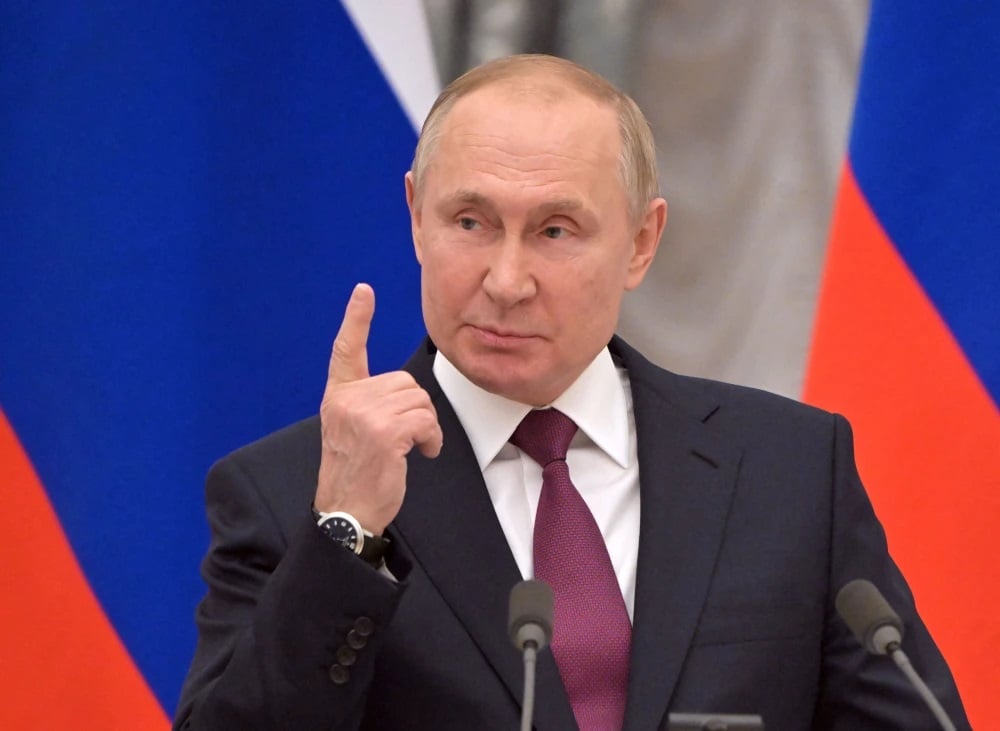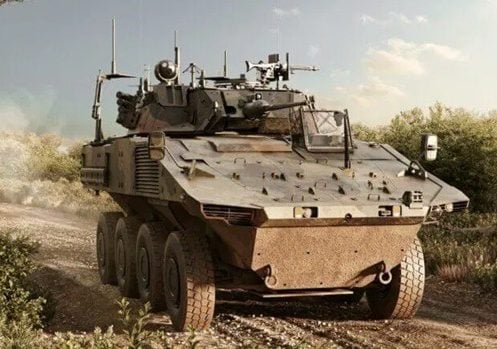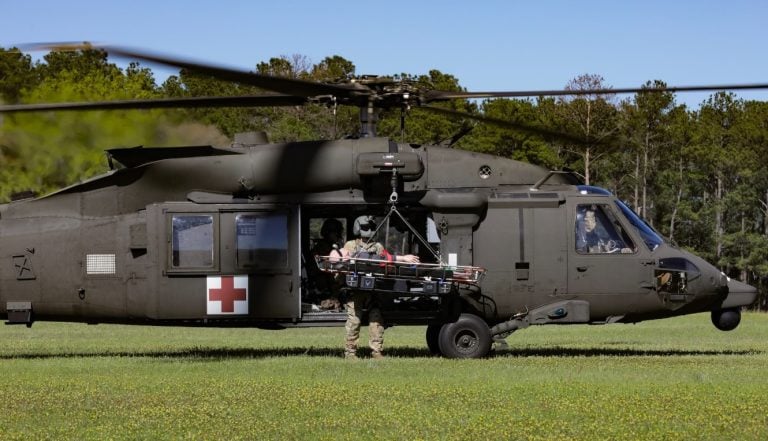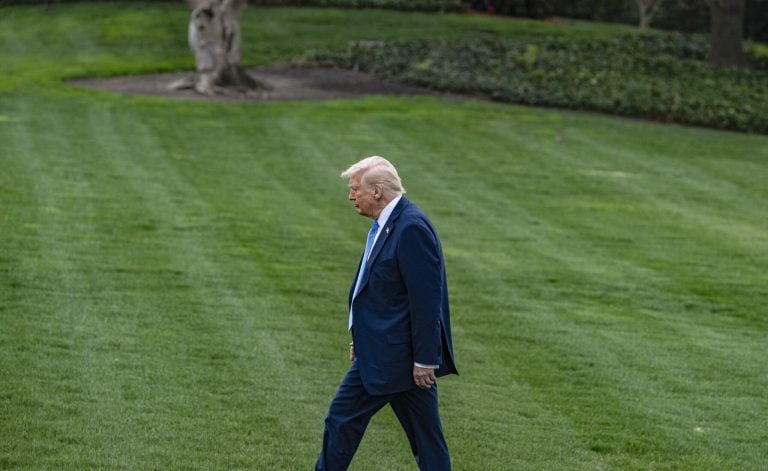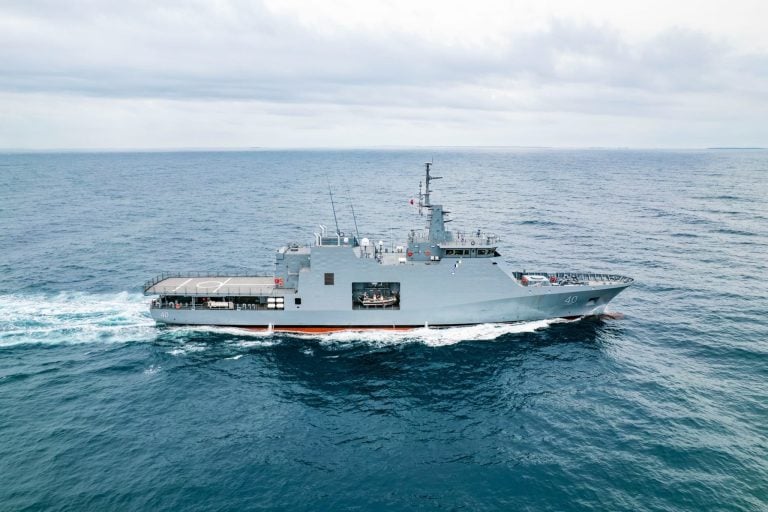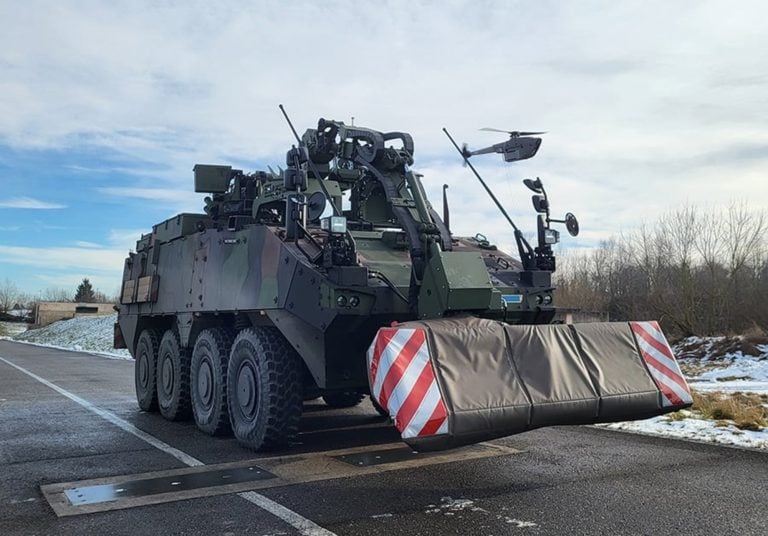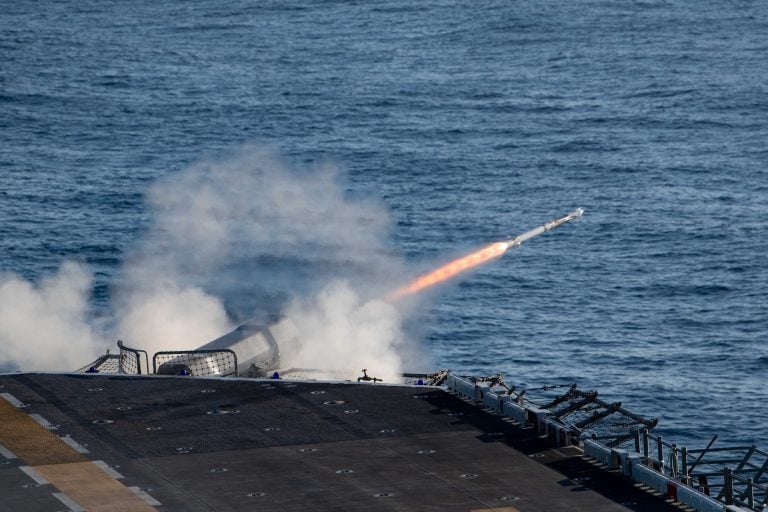In a significant development for nuclear arms control, Russia announced on Monday its willingness to adhere to the limits set by the New START treaty with the United States for an additional year after the treaty expires in February 2026. However, this conditional extension hinges on the United States agreeing to similar commitments.
The New START treaty, established in 2010, remains the last major nuclear arms reduction agreement between the two nations, capping the number of deployed strategic nuclear warheads at 1,550 for each side. Nonetheless, the treaty has faced challenges in recent years, compounded by the COVID-19 pandemic, which led to the suspension of on-site inspections—a critical component for verifying compliance.
During a televised meeting, Russian President Vladimir Putin emphasized the importance of the treaty, warning against the dangers of fully abandoning its framework. He stated, “Fully abandoning the legacy of this agreement would be… a mistaken and short-sighted step,” and expressed that adherence to the treaty’s limitations for another year could help prevent a resurgence of a strategic arms race.
Despite freezing its participation in New START earlier this year, Russia has reportedly continued to follow the limits set forth in the treaty voluntarily. The proposal for a one-year extension, however, does not include a plan for resuming inspections, which have not resumed since the onset of the pandemic and are vital for ensuring accountability.
Experts have interpreted Putin’s move as a strategic effort to regain the narrative surrounding arms control, particularly in light of U.S. discussions regarding denuclearization talks. Heloise Fayet, a research fellow at the French Institute of International Relations, noted that Putin’s proposal may be partly aimed at countering U.S. initiatives, such as the planned “Golden Dome” air defense shield, which Russia views with apprehension.
The backdrop of deteriorating nuclear diplomacy is concerning, especially as the relationship between the two powers has been strained due to recent global conflicts, particularly the ongoing war in Ukraine. In 2019, both nations exited the Intermediate-Range Nuclear Forces (INF) treaty, which effectively eliminated an entire class of nuclear missiles.
Furthermore, on the domestic front, Putin recently signed legislation withdrawing Russia’s ratification of the Comprehensive Nuclear Test Ban Treaty, although he affirmed that Russia would maintain a moratorium on nuclear testing. The geopolitical climate has fostered fears of nuclear escalation following Russia’s military actions in Ukraine, particularly when Putin placed his nuclear forces on high alert shortly after the invasion in February 2022.
While some tensions have eased since the change in U.S. administration, meaningful dialogue on nuclear issues remains elusive, with both nations seemingly caught in a cycle of mutual distrust and escalating rhetoric. The situation underscores the fragility of nuclear arms control agreements and the urgency for both sides to recommit to diplomatic avenues for reducing nuclear risks.
